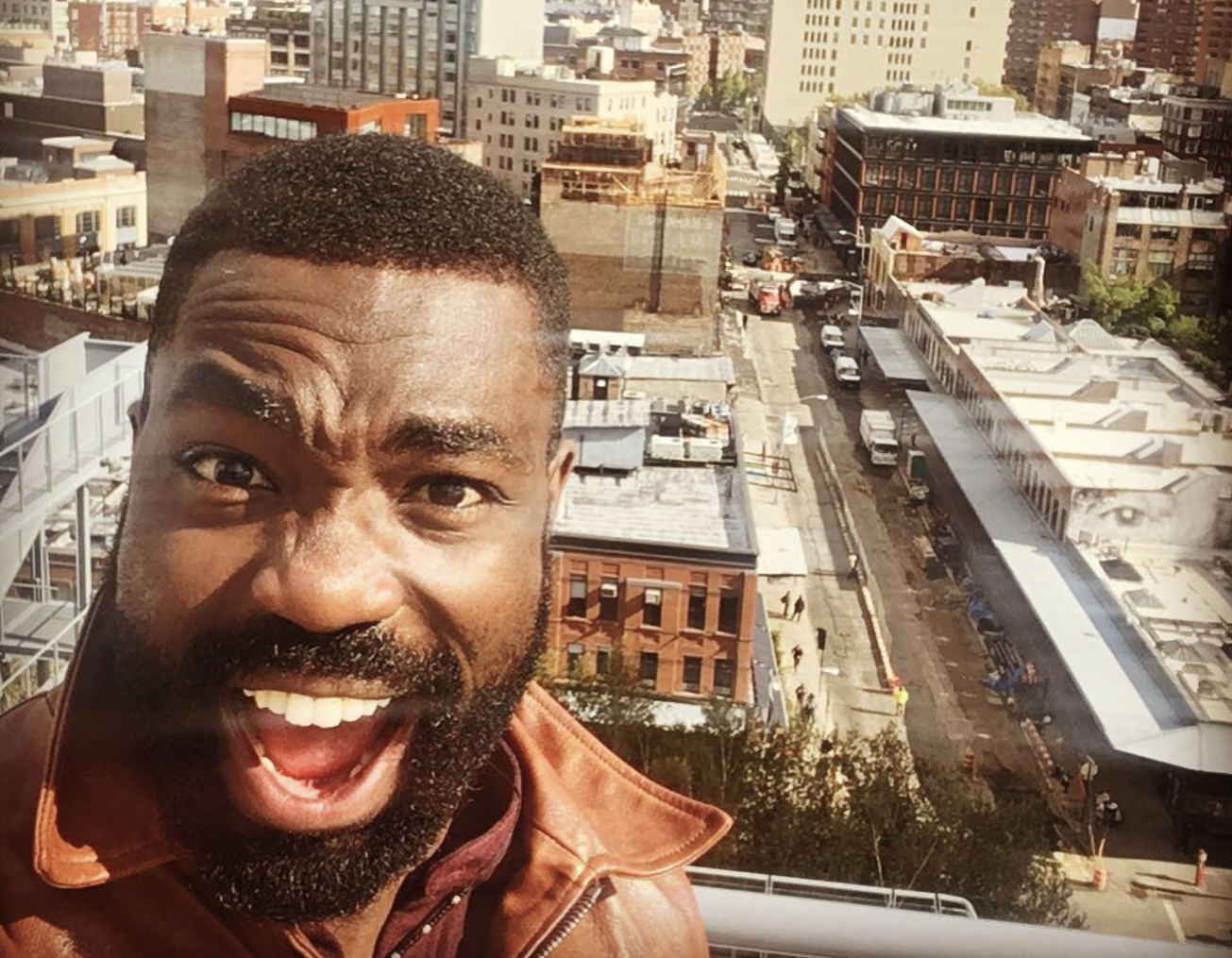A major bridge collapsed in the US city of Baltimore after being struck by a heavily laden container ship.
Many questions remain, including how the ship could have lost control.
Here’s what we know so far:
What happened?
At approximately 01:30 (local time) the Singapore-flagged container ship Dali, departing Baltimore with a full load of cargo en route to Sri Lanka, crashed into a concrete pier supporting the Francis Scott Key Bridge in Baltimore.
At the time, an eight-person construction crew was at work repairing potholes on the bridge.
Within seconds of the collision, they and almost the entire bridge plunged into what officials said was roughly 50 feet (15 metres) of frigid water below.
Moments before, the ship issued a Mayday call warning that it had lost power – prompting authorities to scramble to shut down traffic to the bridge, potentially saving lives.
A desperate search and rescue operation involving divers, boats, aircraft and sophisticated sonar and infrared equipment was set in motion.
How many casualties are there?
Officials called off the search effort at 19:30 on Tuesday, citing the cold temperature and time passed for believing no one was still alive.
Six missing workers are presumed dead, while two others were pulled from the river. One was unhurt, but the other was seriously injured and rushed to the hospital.
There was some confusion over whether any people may still be trapped in cars that may have been on the bridge when it collapsed.
Baltimore’s fire chief James Wallace said sonar has found vehicles in the water, but he could not give further details.
Maryland’s Governor Wes Moore said the investigation was still ongoing, while state Transportation Secretary Paul Wiedefeld said officials “do not believe” any people were trapped in cars.
The managers of the Dali, Synergy Marine Group, said that none of its crew were injured.
What caused it?
The Dali issued a Mayday call moments before the crash, warning that it had lost power and propulsion. It’s not yet clear what caused the power outage.
CCTV footage shows the ship going dark twice in the minutes before the crash. A puff of smoke can also be seen before the collision.
Singapore’s Maritime and Port Authority said the Dali had dropped its anchors prior to the crash as part of its emergency procedures. Doing so can help slow the passage of an out-of-control ship.
“It was unable to maintain the desired heading and collided with the Francis Scott Key bridge,” the authority said, citing Synergy Marine Group.
The vessel had passed two overseas inspections in 2023, the authority said.
Some experts suggested the bridge’s main support structures may not have been properly protected to withstand a collision involving such a large vessel.
“The significant momentum of this massive cargo vessel, especially when laden with cargo, would have been considerable upon impact,” said Toby Mottram, a structural engineering professor at the University of Warwick.
“It’s evident that the pier couldn’t withstand the impact energy… The extent of the damage to the bridge superstructure appears disproportionate to the cause,” Mottram said.
What happens next?
Authorities have closed the port “until further notice” and traffic is being diverted away from the bridge as the rescue effort continues.
Officials have said the response is shifting from a search and rescue operation to a recovery effort.
They are also monitoring for any fuel spill from the stricken Dali.
Moore has declared a state of emergency.
The collapse is expected to have a severe impact on the region. Traffic around Baltimore will be affected by the loss of the bridge, while shipping could also see long delays thanks to the debris now choking the waterway.
The Port of Baltimore is the ninth-busiest major US port in terms of both foreign cargo handled and foreign cargo value, and is directly responsible for more than 15 000 jobs, supporting almost 140 000 more.
By Garrin Lambley © Agence France-Presse







